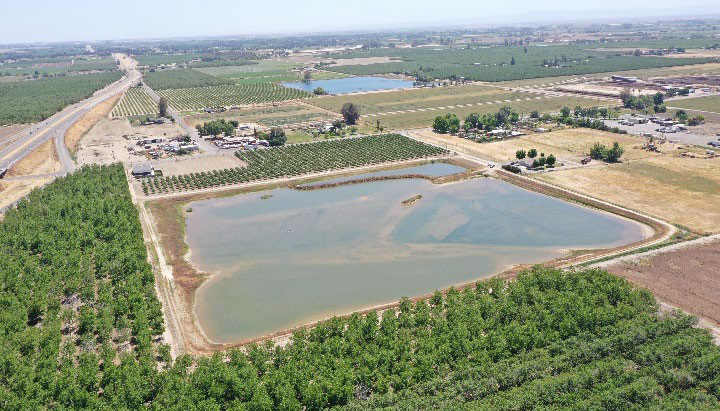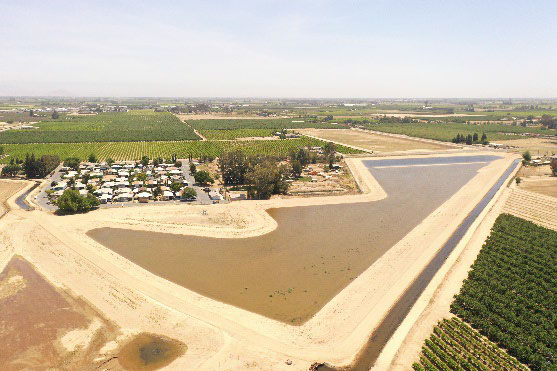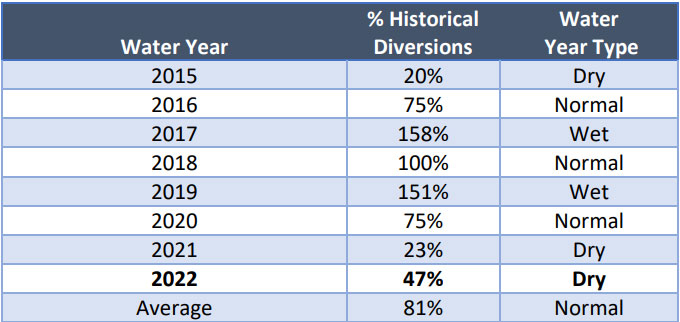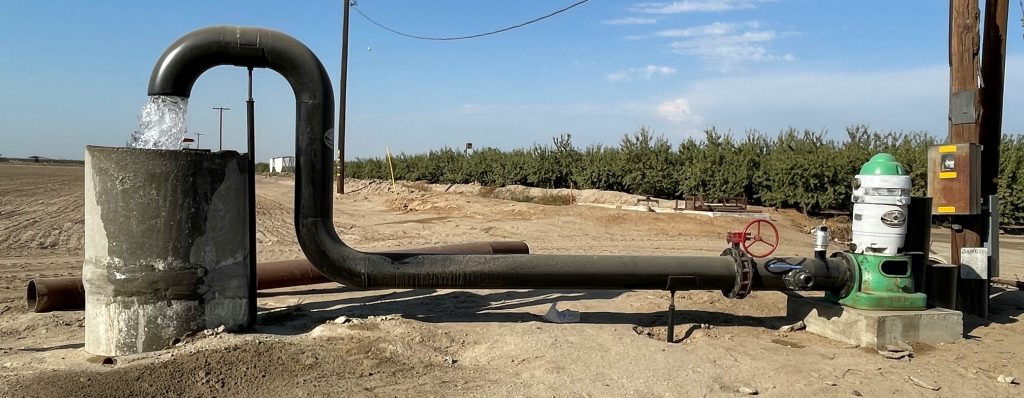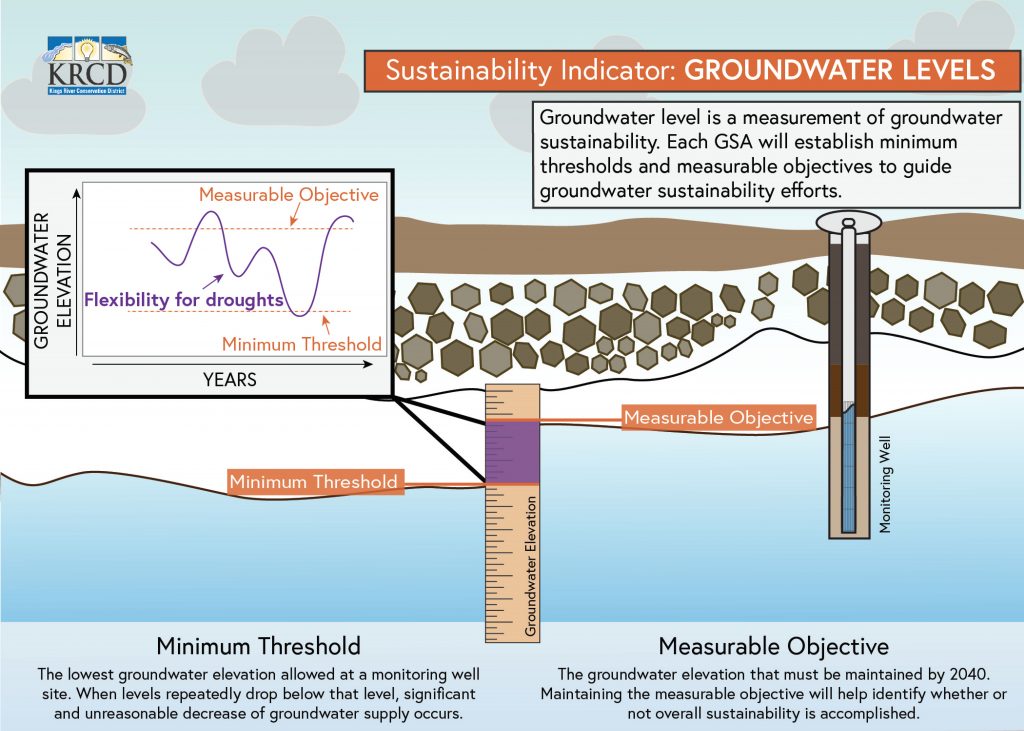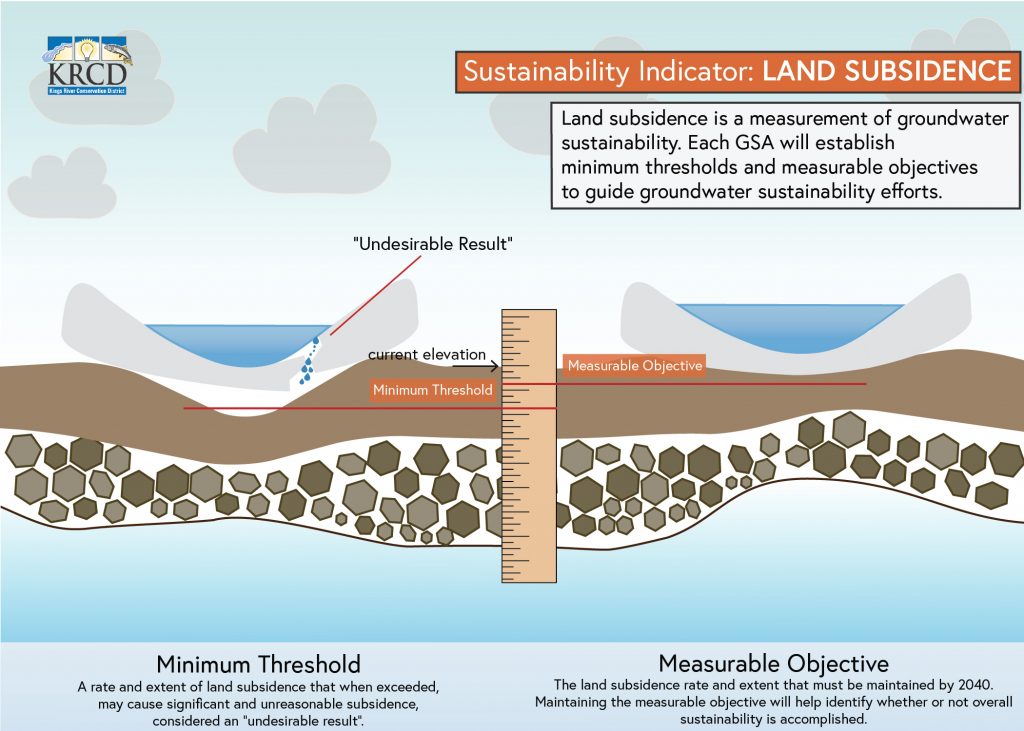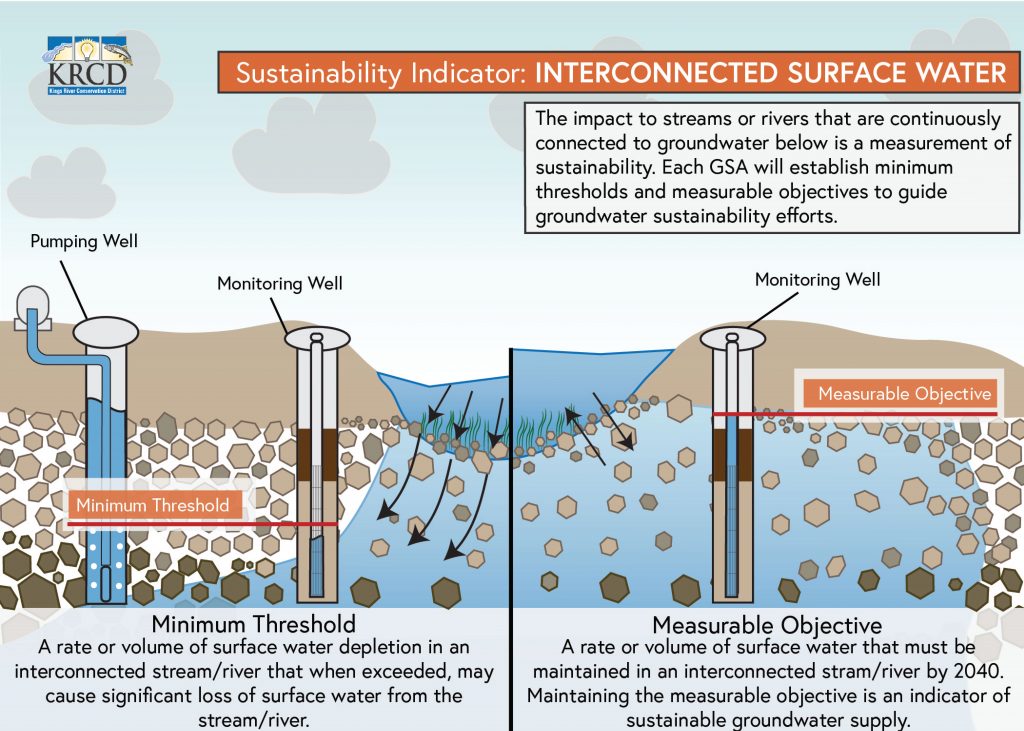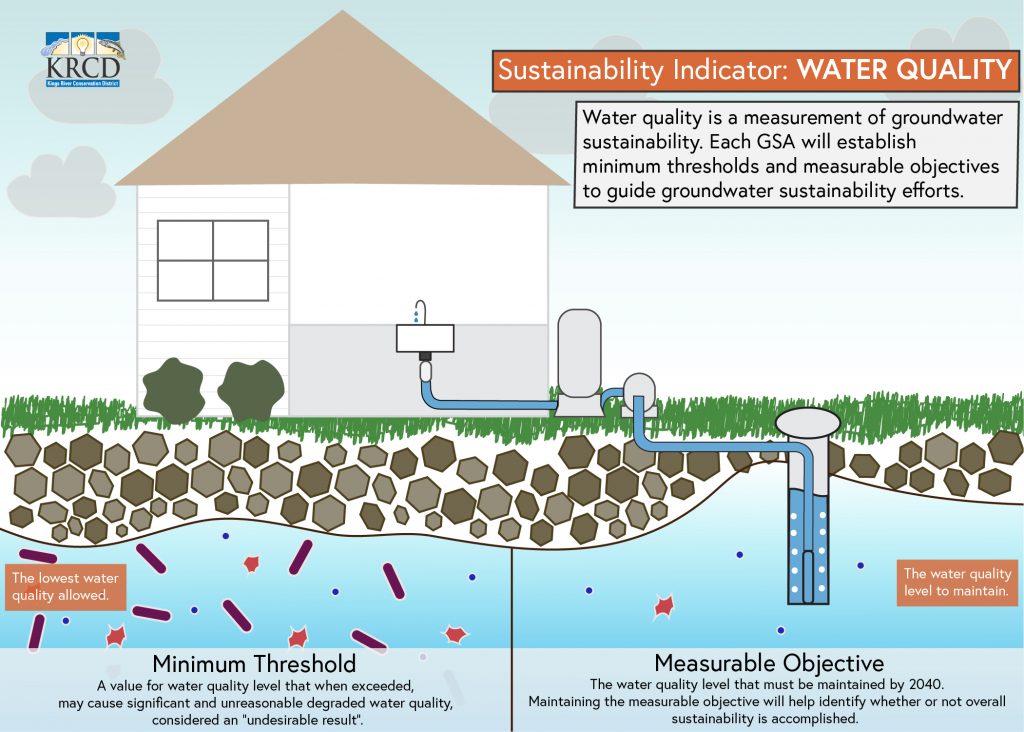On January 28, the Kings Subbasin Groundwater Sustainability Agencies (GSAs) were notified by the State that the collective Groundwater Sustainability Plans (GSPs) of the seven Groundwater Sustainability Agencies in the Kings Subbasin were incomplete. The Department of Water Resources (DWR) informed the Kings Subbasin Coordination consultant Provost & Pritchard Consulting Group that the Subbasin’s GSPs did not satisfy the objectives of the Sustainable Groundwater Management Act (SGMA) nor substantially comply with the GSP Regulations. The Kings Subbasin GSAs were required to address the deficiencies and resubmit the GSPs to the Department for evaluation no later than July 27, 2022.
DWR noted that the seven GSPs needed more coordination and consistency and identified several deficiencies that prevented approval of the GSPs. Most of DWR’s comments centered around Sustainable Management Criteria, which are the quantitative metrics that define sustainable management of a subbasin. The deficiencies covered the areas of how lowering of groundwater levels are to be handled; how land subsidence will be identified and handled; the identification of interconnected surface water systems; and sustainable management criteria for possible water quality issues.
The Kings Subbasin Coordination Group, which is comprised of the leadership of the seven GSAs, started working on revisions to the GSPs in February with final drafts completed in June. Each GSA Board is now in the process of adopting their respective GSPs that include the corrections to the deficiencies identified by the State. The North Fork Kings GSA has scheduled a special Board meeting on July 14 to adopt the revised GSP.
Below is a brief summary of the general revisions to the GSPs. To view the complete North Fork Kings GSP revision documents go to www.northforkkings.org/gspdownload.
Deficiency 1: GSPs do not set their Sustainable Management Criteria for chronic lowering of groundwater levels in a manner consistent with the requirements of SGMA and the GSP regulations.
Response to Deficiency 1: Changes to the GSPs include discussion that primary concerns related to Undesirable Results for groundwater levels are that groundwater levels will decline in dry periods to a point that they will not likely recover during normal/wet periods and a significant and unreasonable number of shallow domestic wells will go dry. Language was added acknowledging the impact on shallow wells and a shallow Well Mitigation Program has been added to the GSPs. The GSPs also reiterated the significant aquifer in the Kings Subbasin, several hundred feet below current levels with water of suitable quality.
Deficiency 2: GSPs do not set Minimum Thresholds (MTs) and Measurable Objectives (MOs) for land subsidence in a manner consistent with their undesirable result definition and the requirements of SGMA and GSP regulations.
Response to Deficiency 2: Primary concern is loss of capacity in gravity flow water conveyance systems. Changes to the GSPs include focus on impacts on infrastructure on main irrigation canals. The established MT is based on canal capacity. It is recognized that the Subbasin does not have good data on the confined aquifer pumping. One of the programs in the GSPs is to fill that data gap. The GSPs also acknowledge that the Subbasin can only eliminate subsidence within the Kings Subbasin control and that subsidence from other areas is impacting the Kings Subbasin.
Deficiency 3: GSPs do not consistently identify interconnected surface water systems, or provide the location, quantity, and timing of depletions of those systems due to groundwater use. The GSPs do not define Sustainable Management Criteria for the depletions of interconnected surface water in the manner required by the GSP regulations.
Response to Deficiency 3: Much of the language is revised to list this as a data gap. A plan and timeline have been included to gather missing information and determine extent of interconnection, as well as estimate of possible groundwater pumping. Coordination with the San Joaquin River Restoration Program and Kings River Fisheries Management Program were referenced as providing a better understanding of surface water uses/losses along those rivers in order to maintain required flows.
Deficiency 4: GSPs do not provide adequate information to support the selection of degraded water quality Sustainable Management Criteria.
Response to Deficiency 4: Language has been revised to be more specific regarding the determination of Undesirable Results. Water quality data will be collected annually and compared against Minimum Threshold levels. If there is an exceedance, site-specific investigation will be conducted to try to determine if GSA actions have contributed to groundwater quality degradation, and if so, management actions will be implemented.
Once the GSAs resubmit their respective GSPs, DWR will provide a 60-day comment period and then review the revised GSPs to evaluate whether the deficiencies were sufficiently addressed. Should the GSAs fail to take sufficient actions to correct the deficiencies identified by the DWR, the GSPs will not be approved. If this happens, the State Water Resources Control Board has the authority to intervene and take over management of the Subbasin. DWR anticipates they will complete their review of the GSPs and provide a ruling no later than early 2023.

